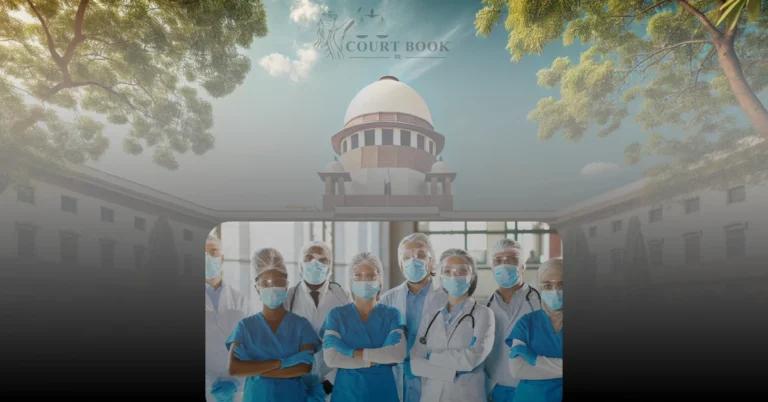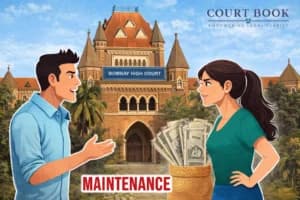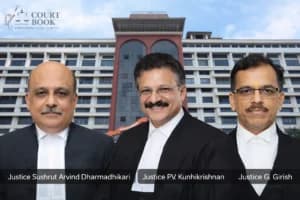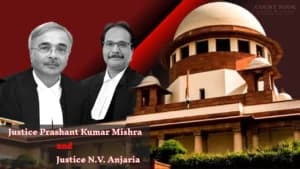In a significant development with wide implications for thousands of government doctors, the Supreme Court on Friday referred the long-running dispute over service parity between allopathy and AYUSH practitioners to a larger bench. The issue-whether doctors practicing Ayurveda, Homeopathy, and Unani can claim equal retirement age and benefits as MBBS doctors-has sparked repeated litigation and policy confusion across states.
Background
The petitions arose from conflicting judgments on whether AYUSH doctors should be treated on par with allopathy doctors in matters of pay and retirement age. Earlier, the Delhi High Court and certain tribunals had extended the higher retirement age of 65 years to AYUSH doctors, citing “equal contribution to public health.” But subsequent Supreme Court rulings in State of Gujarat v. Dr. P.A. Bhatt and Dr. Solamon A. v. State of Kerala took a different stance, upholding the distinction based on educational qualifications and nature of work.
Read also:- Delhi High Court Quashes ED's ₹227 Crore Attachment Against Prakash Industries, Says Coal
The Rajasthan government and several other states approached the apex court after facing pressure from AYUSH doctors demanding parity. The matter came up before a bench comprising Chief Justice B.R. Gavai and Justice K. Vinod Chandran, which heard a clutch of over twenty special leave petitions tagged together.
Court’s Observations
During the hearing, the bench acknowledged that the issue had created “an area of ambiguity,” especially regarding retirement age and pay scales. “The claim for parity should be decided finally on the touchstone of identity of functions, similarity in work carried out, and comparable duties assigned,” the bench observed.
Read also:- Supreme Court Forms High-Level Panel to Frame National Transgender Employment Policy, Orders
The judges emphasized that while both streams serve public health, the functional scope of allopathy is broader. “It is the MBBS doctors who are dealing with critical care, trauma management, invasive procedures, and surgeries none of which can be carried out by practitioners of indigenous medicine,” the order noted.
The court also accepted the states’ argument that extending the same benefits to AYUSH doctors could undermine efforts to retain experienced allopathy doctors. “Enhancement of retirement age was introduced to address the dearth of qualified medical practitioners in allopathy, not as a blanket policy for all streams,” the bench said.
The judgment further remarked that classification based on qualifications and nature of duties is reasonable under Articles 14 and 16 of the Constitution. “Treatment of unequals as equals cannot be the principle guiding service parity,” the judges stated pointedly.
Read also:- Supreme Court Acquits Four Men in 35-Year-Old Madhya Pradesh Murder Case, Citing Contradictions
Decision
Finding that previous rulings offered divergent interpretations, the bench referred the entire issue to a larger bench for authoritative adjudication. Till then, states may, at their discretion, continue AYUSH practitioners beyond their current retirement age but only without full pay and allowances.
If the larger bench later rules in favor of AYUSH doctors, those who were allowed to continue will receive arrears for that period. Conversely, those not continued will still be eligible for back pay if parity is eventually upheld.
Read also:- Supreme Court Refuses to Reduce Sentence of Young Man Convicted for Killing Innocent Bystander
“The matter raises substantial questions touching both constitutional equality and public health administration,” the Chief Justice concluded, directing the Registry to place the matter before the Chief Justice of India for constituting an appropriate bench.
With that, the hearing ended, leaving the long-standing AYUSH–Allopathy parity debate awaiting its final word from a larger constitutional bench.
Case Title: State of Rajasthan & Others v. Anisur Rahman & Others
Date of Judgments: October 17, 2025















